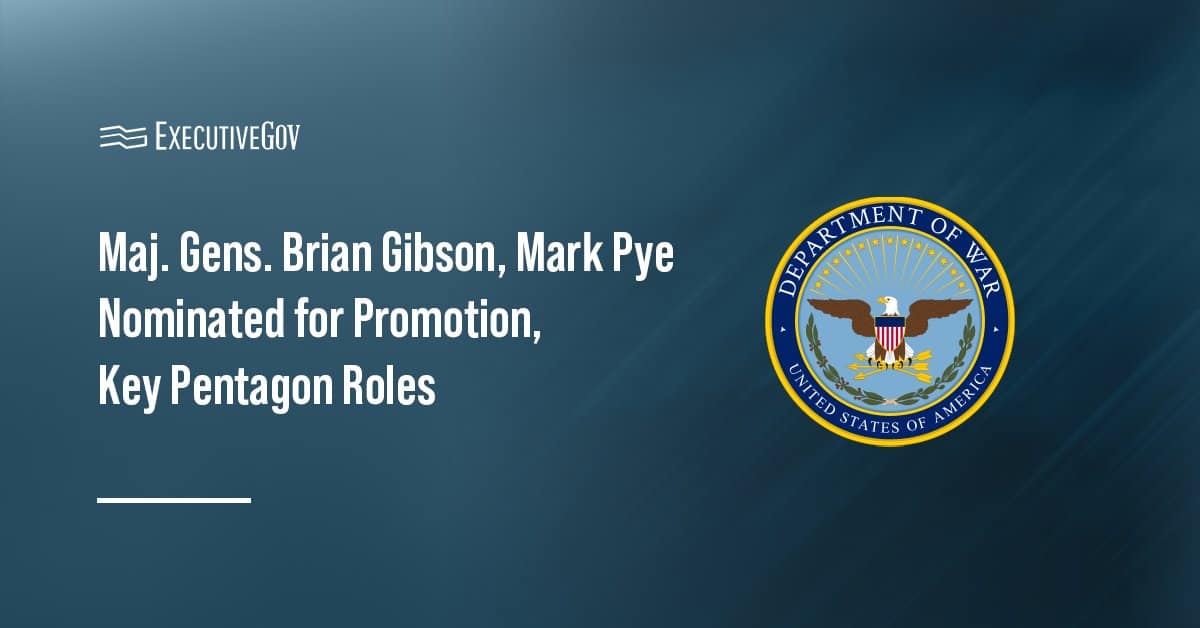
The National Security Agency has identified a vulnerability that Russian cyber actors take advantage of to attack mail transfer networks.
Sandworm Team, a Russian military group, has exploited the CVE-2019-10149 vulnerability found in the Exim software that Linux and Unix systems use as a mail transfer agent, NSA said Thursday.
The vulnerability allows malicious entities to remotely strike systems via codes. Unpatched Exim software may experience disabled security, operation from unauthorized users and other forms of network exploitation caused by the vulnerability.
Exim and NSA encourage users to apply the software's latest patch as a measure against cyber actors planning to exploit CVE-2019-10149.





